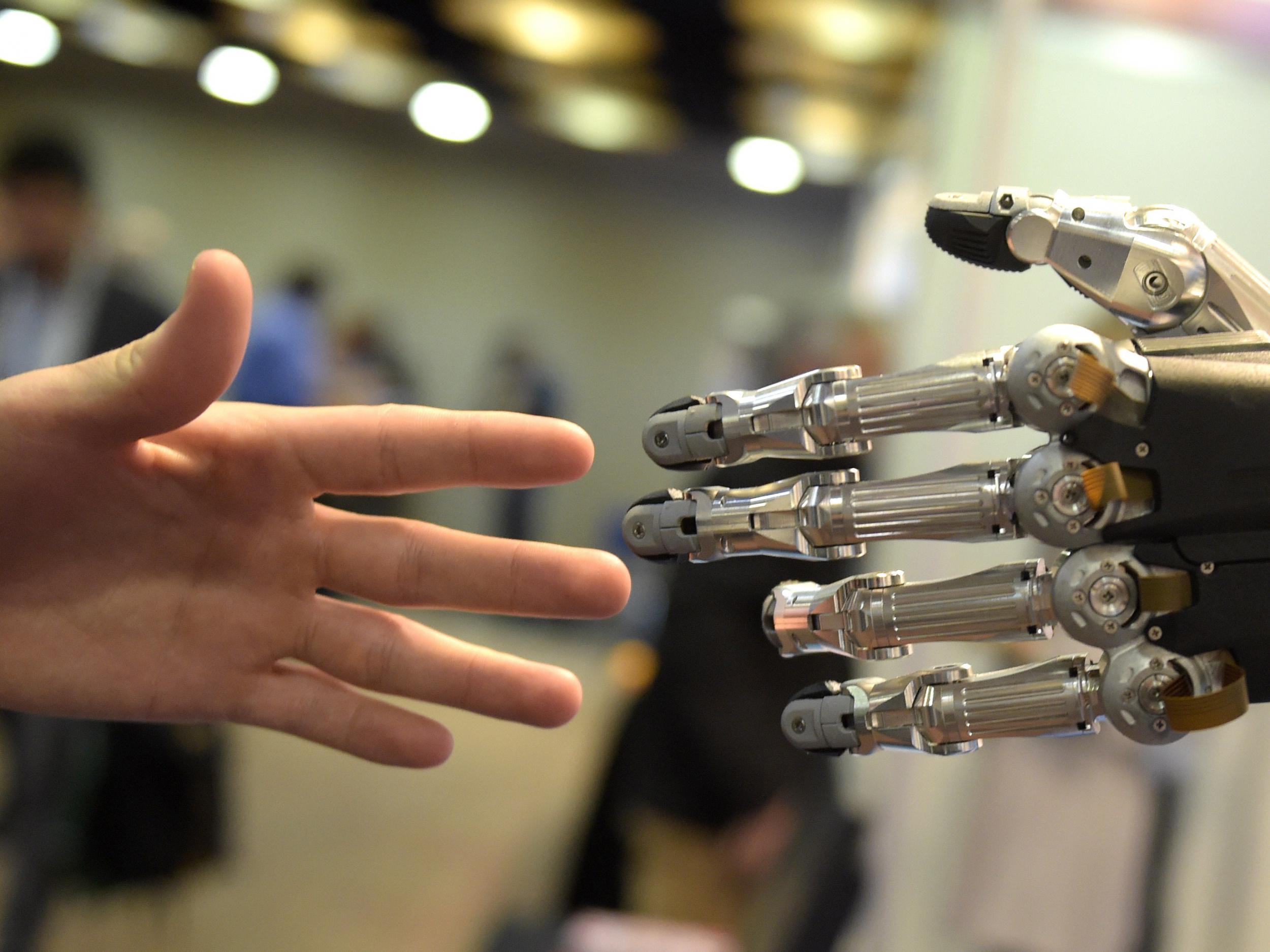Higher UK minimum wage: Will it lead to robots taking jobs as IFS fears?
Policymakers need to focus on increasing the UK workforce's skill levels to prevent problem from arising

With the minimum wage now 20 years old in this country, it’s striking how often the same old arguments are trotted out against it.
The latest missive from the Institute from the Institute Fiscal Studies appears to be a variant on that theme.
The think tank warns that increasing it too much could help to encourage automation, and thus cost jobs. The robots are coming!
Actually it’s case is a little more nuanced than that. It points out that with the wage rising rapidly under the Tories, and slated to rise still faster if Labour comes to power, a whole new subset of workers are being brought into its orbit.
Current recipients, says the IFS, typically perform roles that are hard to automate. Care assistants, for example, or waiting staff. The workers that will be affected when the wage reaches its planned £8.50 an hour in 2020, and £10 if Labour takes power before then, aren’t so lucky.
Examples the think tank cites are super market check out operatives or receptionists. Their functions, it argues, could be much more readily replaced by technology. The ease of automation, it states, actually rises as one climbs the income scale, reaching a peak at about 25 per cent of average wages before falling back again.
“Beyond some point, a higher minimum must start affecting employment, and we do not know where that point is."
But here's the thing: There are a lot of unknowns when it comes to the impact of automation. Will the roles the IFS is concerned about end up being automated regardless of whether hourly rates of pay are pushed up a bit through the rising minimum wage? I would suggest that there is a high chance of that happening.
It is true that, as the IFS points out, you can’t set the minimum wage at £100 an hour because at that level it would be too expensive to employ anyone. There is a balancing act to be performed.
However, it should also be noted that so far the rises to the minimum wage that have been imposed haven’t had the sort of impact on employment that the doom mongers have always suggested that they would.
It’s also true that companies paying the higher voluntary Living Wage report economic benefits from so doing. It pays for itself through lower rates of absence, turnover, and better work.
Then there is the moral case for paying people fairly for the work they do, and for not having the state subsidise low wages through, for example, tax credits.
But let’s return to the case made by the IFS, which conducts its analyses with rigour, and my concern about automation coming irrespective of the minimum wage’s level.
The think tank cites the example of research in the US which “has found some negative impacts of higher minimum wages on the employment of low-skilled people in automatable occupations whilst also finding evidence of concurrent employment gains among other groups”.
In other words, while tech displaces some jobs, it also creates new ones, an argument we’ve heard a lot of late.
That evidence from the US research is mixed when it comes to whether the new jobs that were created were also filled by low-skilled workers or whether they served to benefit those with higher skills who already command higher wages. In other words, a higher minimum wage could have harmed those it was intended to benefit.
The IFS wraps up by saying that the new, higher, minimum wage in Britain will create a test bed, while calling for “careful monitoring” on whether it does have an impact on employment rates.
It’s hard to argue with the latter. However, there is another argument to be made here as well: If the new jobs that new tech brings benefit more highly skilled workers perhaps we need to invest in up-skilling our workforce so more people are capable of reaping those benefits. Then you could have the best of both worlds.
Join our commenting forum
Join thought-provoking conversations, follow other Independent readers and see their replies
Comments
Bookmark popover
Removed from bookmarks